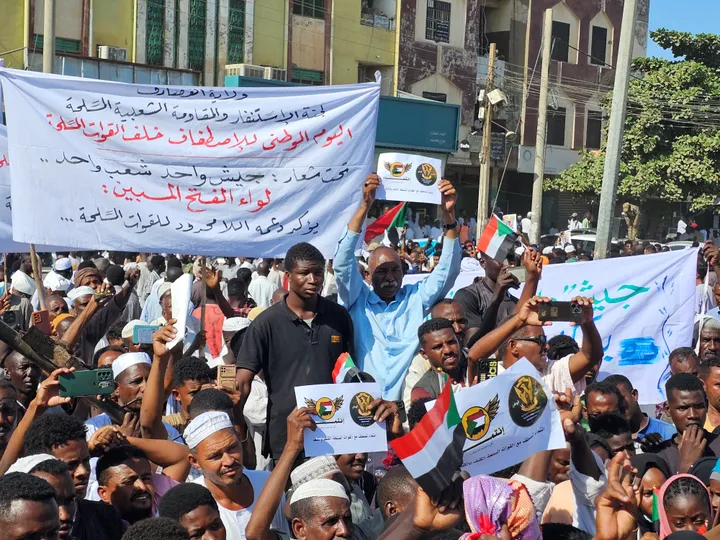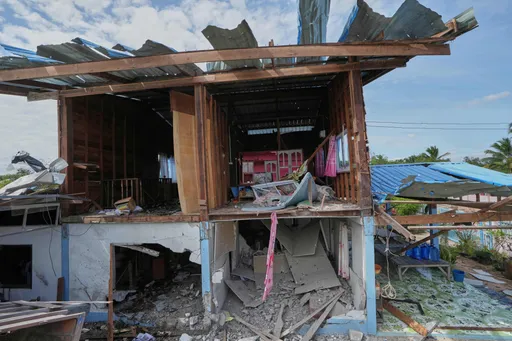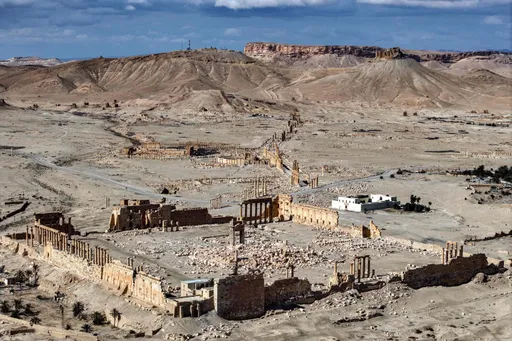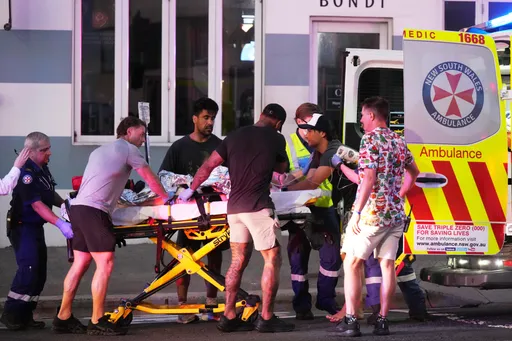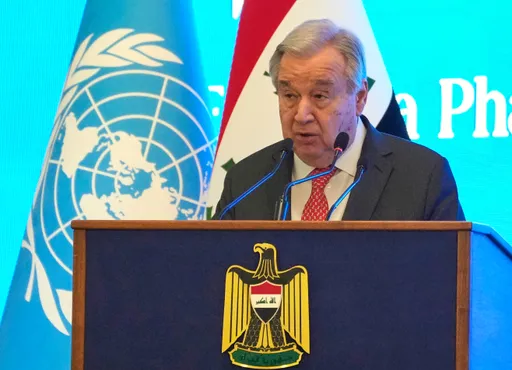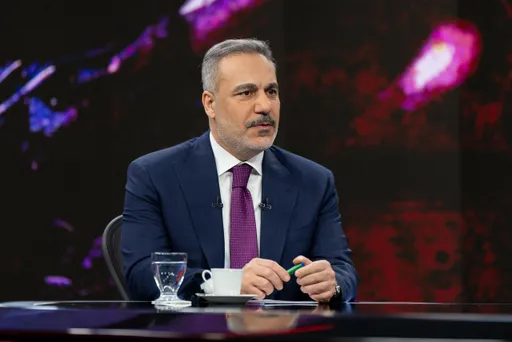Turkey’s President Recep Tayyip Erdogan on Friday blasted the threat of US sanctions on Turkish companies involved in a pipeline project as a “violation of our rights.”
“Now they say ‘we will impose sanctions on TurkStream’,” Erdogan told reporters in Malaysia, where he attended this week’s Kuala Lumpur Summit of Muslim world leaders.
“This is a complete violation of our rights,” Erdogan said, vowing that Turkey would retaliate with sanctions on the US.
A defence budget passed by Congress this Tuesday included sanctions on companies involved in the Nord Stream 2 as well as the TurkStream project, arguing the projects would make Europe dependent on Russia for energy.
On Friday, Turkey condemned the use of "negative language targeting Turkey" in the US budget bill.
“This is the latest outcome of the agenda pursued by Members of Congress who are bent on damaging our bilateral relations by any means,” Foreign Ministry spokesman Hami Aksoy said in a statement.
“Turkey condemns the exploitation of even an ordinary budgeting process for the sake of the short-term political ambitions of US politicians,” Aksoy said.
The Nord Stream project – operational since 2011 with an annual capacity of 55 billion cubic meters – brings Russian gas directly to Germany via the Baltic Sea.
The Nord Stream 2, spearheaded by Russia's state-owned energy company Gazprom, is nearly completed and has the same annual capacity, running almost parallel to the first pipeline route.
Together they will meet the annual gas demands of a quarter of the European continent.
The TurkStream natural gas pipeline has a total capacity of 31.5 billion cubic meters, out of which the first line will carry a capacity of 15.75 billion cubic meters of Russian gas to Turkish consumers. The second line will carry another 15.75 billion cubic meters of gas to Europe via Turkey.
Libya and Syria
Saying that the summit also discussed developments in Libya and Syria, Erdogan said that warlord Khalifa Haftar in Libya – the leader of eastern Libyan-based militias – is not a legitimate politician.
“There are those who strive to give him legitimacy,” Erdogan added.
“[Fayez] Al Sarraj is a legitimate leader, a legitimate representative,” he added, referring to the leader of Libya's Tripoli-based, UN-recognised Government of National Accord (GNA).
Countries such as Egypt, United Arab Emirates, France, and Italy as well as a Russian-linked company Wagner are trying to sideline Sarraj, Erdogan said.
"This so-called Wagner Group [Russian private military company with ties to the Kremlin] serve as Haftar's mercenaries. Who knows who is paying for their services?" Erdogan added.
Since the ouster of late leader Muammar Gaddafi in 2011, two seats of power have emerged in Libya: one in eastern Libya supported mainly by Egypt and the United Arab Emirates, and the Tripoli-based GNA, which enjoys UN and international recognition.
In April, Haftar's militants launched a campaign to capture Tripoli from the internationally recognised government, but have so far failed to progress beyond the city’s outskirts.
However, on December 12, Haftar announced that he had ordered his militants to launch a “decisive battle” to capture the capital.
According to UN data, more than 1,000 people have been killed since the start of the operation and more than 5,000 injured.


